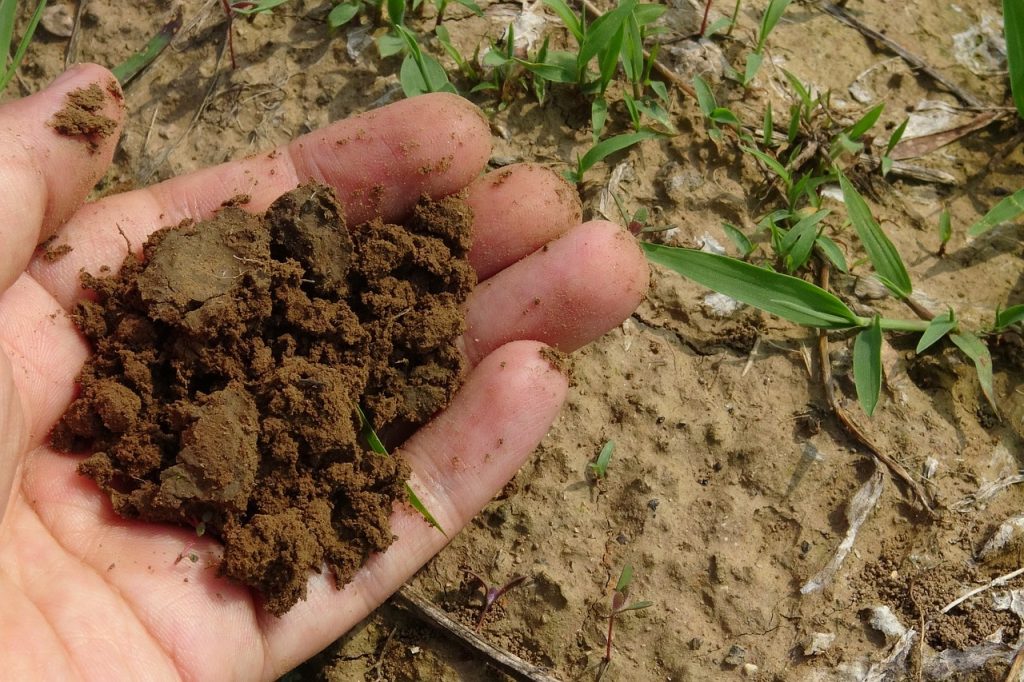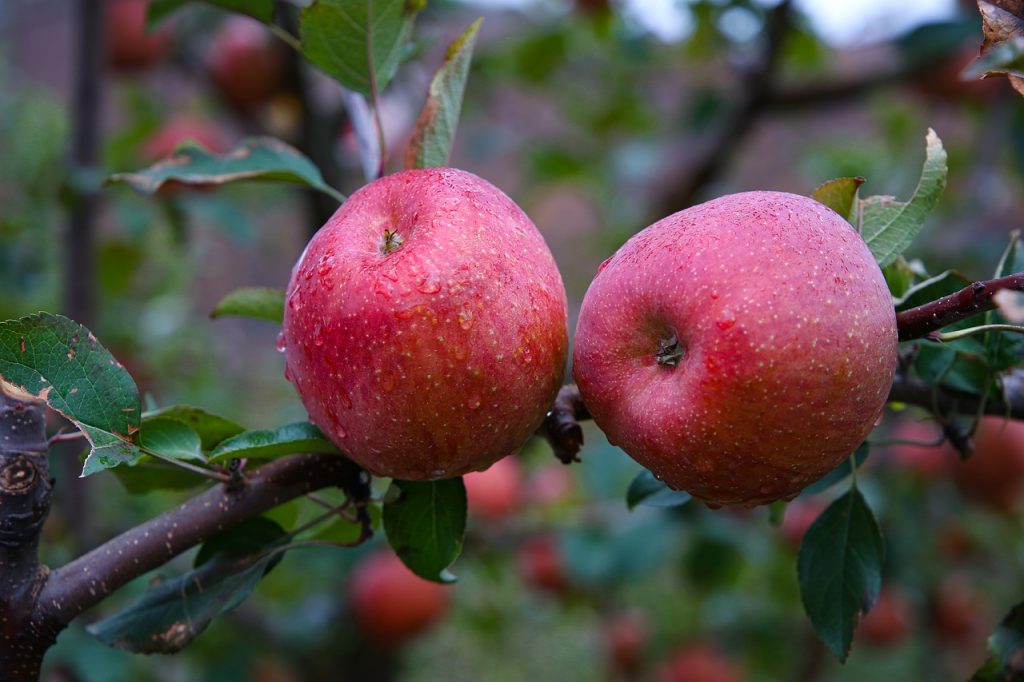The agricultural sector provides employment to about 70% of the population of Jammu and Kashmir and contributes to around 65% of the revenue generated for J&K. It is clearly one of the most important industries in the state and can be considered as the backbone of its economy. Wheat, rice, maize, pulses, and oilseeds are the main crops cultivated in Jammu, while paddy, maize, saffron, and fruits are grown in the Valley of Kashmir. Several farmers in Kashmir have recently turned to organic agriculture, as it is environment-friendly, helps maintain soil health, and promotes biodiversity. What is the future of organic farming in Jammu and Kashmir? Let’s find out.
The pillars or organic farming are the principles of health, ecology, fairness, and care. Organic agricultural practices encourage the use of organic fertilizers and prohibit using any synthetic substances. Techniques like crop rotation, companion planting, biological pest control and mechanical cultivation are included in organic farming. Organic agriculture originated in the early 20th century and today, more than 1% of the world’s total agricultural land is farmed organically. Organic farming is said to have advantages such as sustainability, self-sufficiency, autonomy, and food safety. Since 1990, the popularity of organic food has grown and so has the organically managed farmland.
Potential for Organic Farming in Jammu and Kashmir and Initiatives in this Sector
The plains of Jammu have a great potential for the cultivation of organic Basmati rice. The Poonch Rajouri belt and Muskbudji have the potential for growing Ratta Ranja and Chandaki rice and Kamad and Zag rice can be grown in the Kashmir Valley. Fruits and vegetables can be organically grown in the hilly regions of J&K and local crops such as rajmash, kala zeera, saffron, garlic, and chillies are best suited for organic cultivation.
The temperatures in Jammu and Kashmir are suitable for organic farming. Weather conditions and ample sources of water in the region are favourable for organic agriculture.
The transport of chemical fertilizers gets difficult in the hilly terrains of Jammu and Kashmir. Thus, using natural fertilizers is cost-effective. Large portions of the hilly regions in the Kashmir Valley are under semi-organic cultivation owing to a lack of chemical agro-inputs.
About 50,000 hectares of land in Jammu and Kashmir is used for organic farming, and it has an organic certified area of 22,316 hectares. The Central Government had given priority to Jammu and Kashmir in promoting organic agriculture. Till now, an area of 1180 hectares has been identified for organic farming and more than 3000 farmers in the state have been given the training for organic farming.
With the aim to encourage vermicompost culture and provide a marketplace for organically grown food, the Kashmir Agriculture Department has initiated a complete organic market in Srinagar in 2020. The department has also established a model organic village in Pulwama.
With the initiative of Showkat Hussain, working at Indo Global Social Service Society, two farming field schools were started in Bandipora, where 25 people were trained and farmers’ problems were addressed.
In 2017, Tahir Maqsood Wani started organic farming. In 2019, Insha Rasool started practicing organic agriculture on her family land.
Talwara village near Reasi town of Jammu and Kashmir is an example of the successful implementation of organic farming. Scientists at the Krishi Vigyan Kendra, Reasi, worked with the farmers in this village, by providing them with the necessary training and logistic support to grow organic vegetables and set up vermicompost units. An Integrated Farming System model has been established in this village, with the help of which many farmers have been able to generate extra income through organic farming.
With such initiatives by the government and other individuals and organizations, there’s huge scope for organic farming in Jammu and Kashmir. Moreover, this region is blessed with a climate suitable for organic agriculture.
Challenges for Organic Agriculture in J&K
Farmers in Jammu and Kashmir lack adequate knowledge and technical support required for organic farming. There should be more training programmes and awareness campaigns to provide those working in the agricultural sector with the technical know-how about organic farming.
Locals should be encouraged to use household waste to prepare compost. Farmers should be provided with the training about vermicomposting.
With many people turning health-conscious and understanding the benefits of consuming organic food, the requirement for these foods is on the rise. However, organic cultivation of J&K does not reach the world market due to lack of marketing. So, organically grown fruits and vegetables of Kashmir should be promoted more effectively.
To motivate more and more farmers from the Kashmir Valley to shift to organic agriculture, they should be given incentives and funding for organic farming practices and assurance about the sale of their organically grown food.
If farmers in Jammu and Kashmir are equipped with the right resources and marketing techniques, they will be able to grow organic fruits, vegetables, and other food crops and sell them across India and abroad. Then, organic farming in J&K will surely have a bright future.



